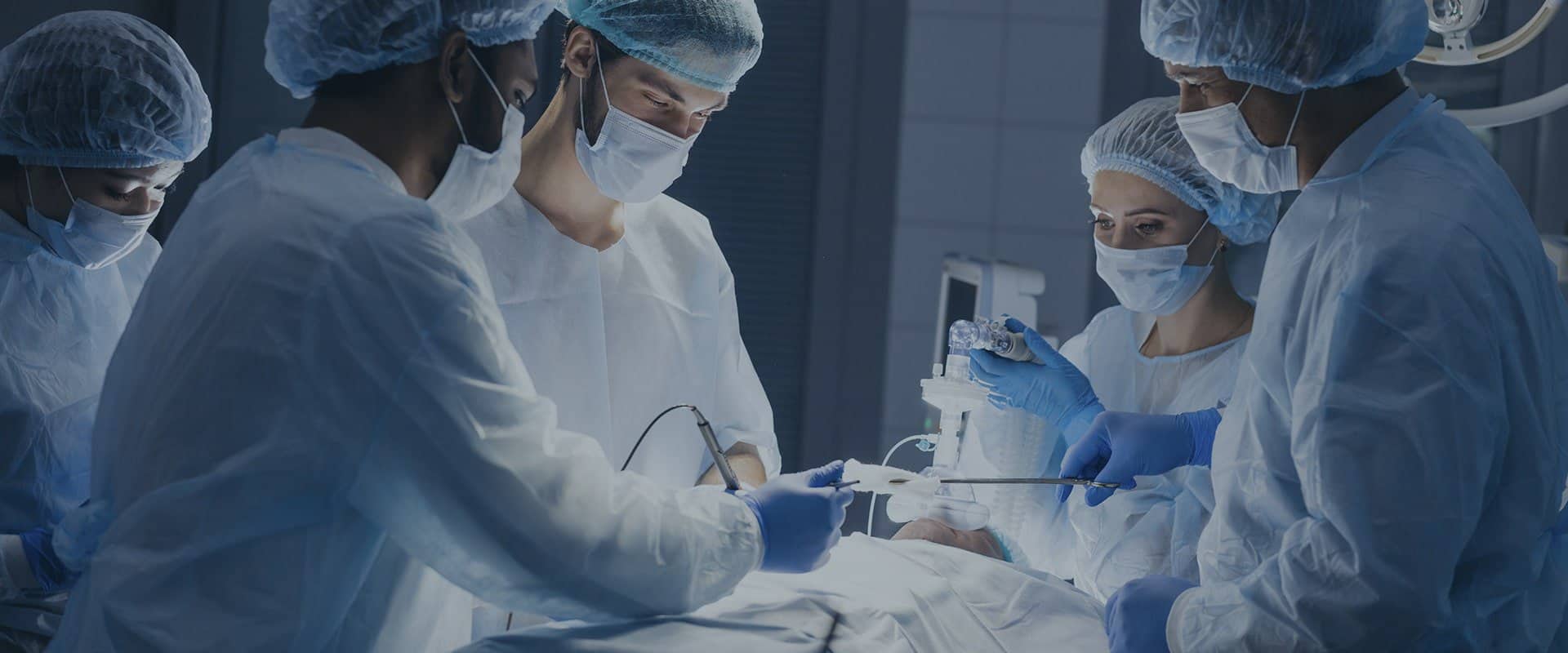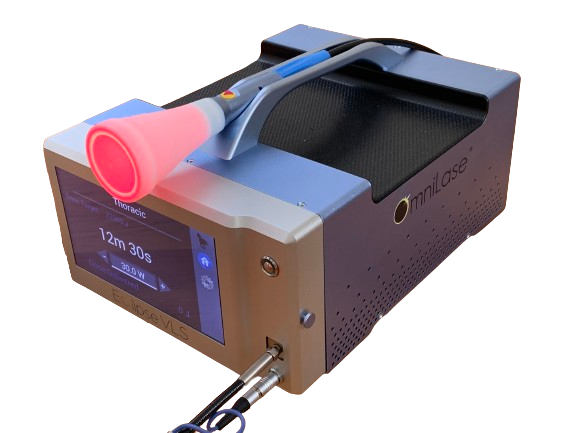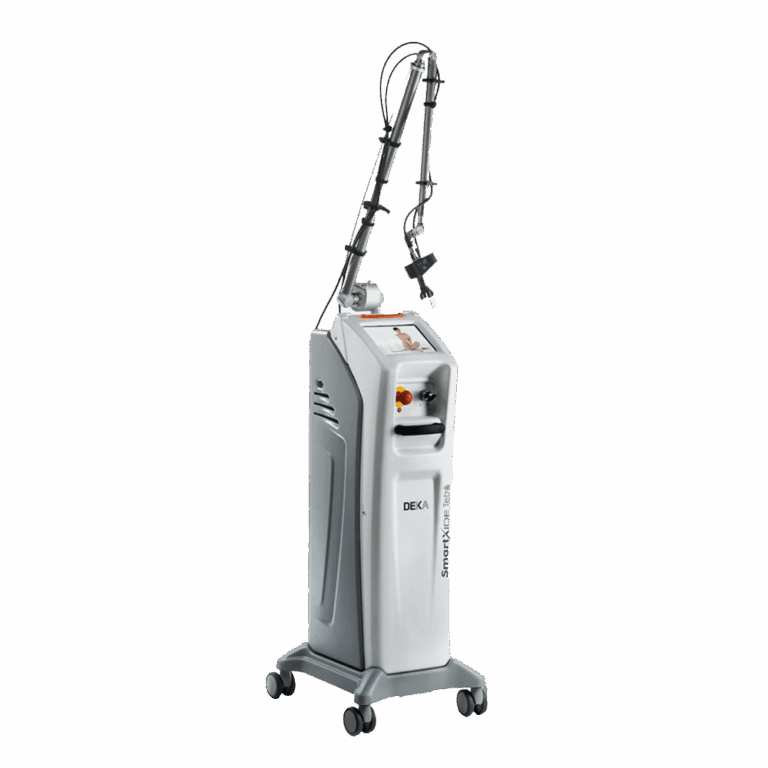Understanding Diode Laser Surgery
Advanced Precision in Modern Medicine
Explore how diode laser technology is transforming surgical procedures by delivering greater precision, faster recovery times, improved patient outcomes, and cost-effective solutions across a wide range of medical specialties

What Is Laser Diode Surgery?
Diode laser surgery utilizes a highly focused beam of light to precisely cut, coagulate, ablate, or vaporize tissue. Unlike traditional scalpels, the laser seals nerve endings and small blood vessels as it cuts, leading to a significantly improved surgical experience for both the patient and the surgeon.
Advanced Technology
Diode lasers utilize semiconductor technology to produce laser light at any wavelength from ultra-violet to infrared. These compact devices efficiently convert electrical energy directly into laser energy, offering superior control and reliability.
Clinical Benefits
With tissue penetration of 4-5mm depth, diode lasers provide excellent hemostatic properties that minimize bleeding during operations. This results in cleaner procedures and faster patient recovery times.
Cost Efficiency
Lower maintenance requirements and energy consumption make diode lasers highly cost-effective. They’re particularly effective for soft tissue procedures across dermatology, dentistry, and general surgery specialties.
Diode vs CO₂ Laser Surgery: Understanding the Differences
Diode Laser

Diode lasers use advanced semiconductor technology to generate laser light across a wide spectrum—from ultraviolet to infrared—enabling them to target not just water in tissue, but a variety of chromophores such as hemoglobin and melanin. This broad wavelength capability enhances their effectiveness in diverse clinical applications.
CO₂ Laser

CO₂ lasers operate at a wavelength of 10,600nm and are primarily absorbed by water in the tissue. This high absorption by water makes them excellent for superficial ablation and vaporization, offering precise tissue removal with minimal depth penetration. They are often used for very fine, superficial cuts.
Dispelling the Myth: Diode Lasers are Not Inferior
A common misconception persists in surgical disciplines that diode lasers are inferior to CO₂ lasers. While it’s true that CO₂ lasers were the pioneers in surgical laser technology and dominated the field for decades due to their precision and cutting efficiency, modern advancements in diode laser systems have redefined their role in surgical applications. Today’s multiwavelength diode lasers offer unparalleled versatility, with dedicated wavelengths optimized for cutting, coagulation, and photobiomodulation—capabilities CO₂ lasers cannot match. This integration enables diode systems to not only perform clean surgical incisions but also promote hemostasis and accelerate healing within a single treatment platform. As a result, diode lasers are increasingly becoming the preferred choice for a wide range of modern surgical procedures, offering greater clinical efficiency, enhanced patient outcomes, and operational flexibility.
Key Benefits of Diode Laser Surgery
- Superior Hemostasis: Diode lasers excel at sealing blood vessels as they cut, leading to significantly less bleeding during surgery. This results in a clearer surgical field, shorter procedure times, and reduced need for sutures or ligatures.
- Reduced Swelling and Pain: The ability of diode lasers to seal lymphatic vessels minimizes post-operative edema, while sealing nerve endings reduces pain, contributing to a more comfortable and faster recovery.
- Portability and Ease of Use: Diode laser systems are often more compact, robust, and portable than CO₂ lasers, making them versatile for various clinical settings.
- Versatile Applications: Diode lasers are highly effective across a wide range of soft tissue surgeries—including oral, dermatological, general, and even some orthopedic procedures—thanks to their ability to combine multiple wavelengths in a single beam. This allows precise control over tissue penetration and provides excellent coagulation. Additionally, unlike CO₂ lasers, which typically allow power modulation only between 60% and 100%, diode lasers offer full-range power control from 0% to 100%, enabling greater precision and safety across diverse clinical scenarios.
- Enhanced Healing: The biostimulatory effects of certain diode laser wavelengths can further promote faster and more robust tissue healing post-surgery.
Sterile Field: Diode lasers help maintain a sterile surgical environment in two powerful ways. First, the high temperature of the laser beam naturally sterilizes the tissue as it cuts, significantly reducing the risk of infection. Second, diode systems can combine wavelengths known for their antibacterial properties, allowing these disinfecting effects to be delivered directly within the laser beam. This dual-action approach not only improves surgical safety but also supports faster, complication-free healing.- Enhanced Precision: The focused laser beam allows for extremely precise incisions, minimizing damage to surrounding healthy tissue.
- Endoscopy: Diode lasers are exceptionally well-suited for endoscopic procedures, due to their flexible fiber-optic delivery system. Unlike CO₂ lasers, which require rigid and often bulky articulated arms or mirrors, diode lasers transmit energy through thin, durable fibers that can easily be threaded through the narrow channels of endoscopes. This allows for precise, minimally invasive access to hard-to-reach anatomical areas, including internal cavities and tubular structures. In essence, the fiber-based delivery of diode lasers not only supports the core principles of minimally invasive surgery but also opens new possibilities for precision and versatility in both human and veterinary endoscopic applications.
Common Applications
Diode laser surgery is highly versatile and used across various medical and veterinary specialties for both soft tissue and some hard tissue procedures.
General Surgery
- Spay/Neuter incisions
- Lump and bump removals
- Anal sac excision
Dermatology
- Tumor removal
- Cyst excision
- Skin tag removal
- Wart ablation
Podiatry
- Interdigital cyst removal
- Nail bed tumors
- Granulomas
Ophthalmology
- Eyelid tumor removal
- Distichiasis correction
- Entropion/Ectropion repair
Oral Surgery
- Gingivectomy
- Periodontal disease treatment
- Oral mass removal
- Frenectomy
Oncology
- Precise tumor excisions
- Minimizing spread of cancer cells
Why Choose Diode Laser Surgery?
For practitioners, diode laser surgery offers unparalleled control, a clearer surgical field, and the ability to perform delicate procedures with enhanced precision. For patients, it translates to less pain, less swelling, and a significantly faster and more comfortable recovery. This leads to higher client satisfaction and improved patient outcomes.
Embrace the future of surgical care with technology that prioritizes precision, patient comfort, and efficient healing.
Learn More About Our Advanced Laser Systems
Ready to integrate the benefits of diode laser surgery into your practice? Contact us today to discover our range of state-of-the-art laser systems.
